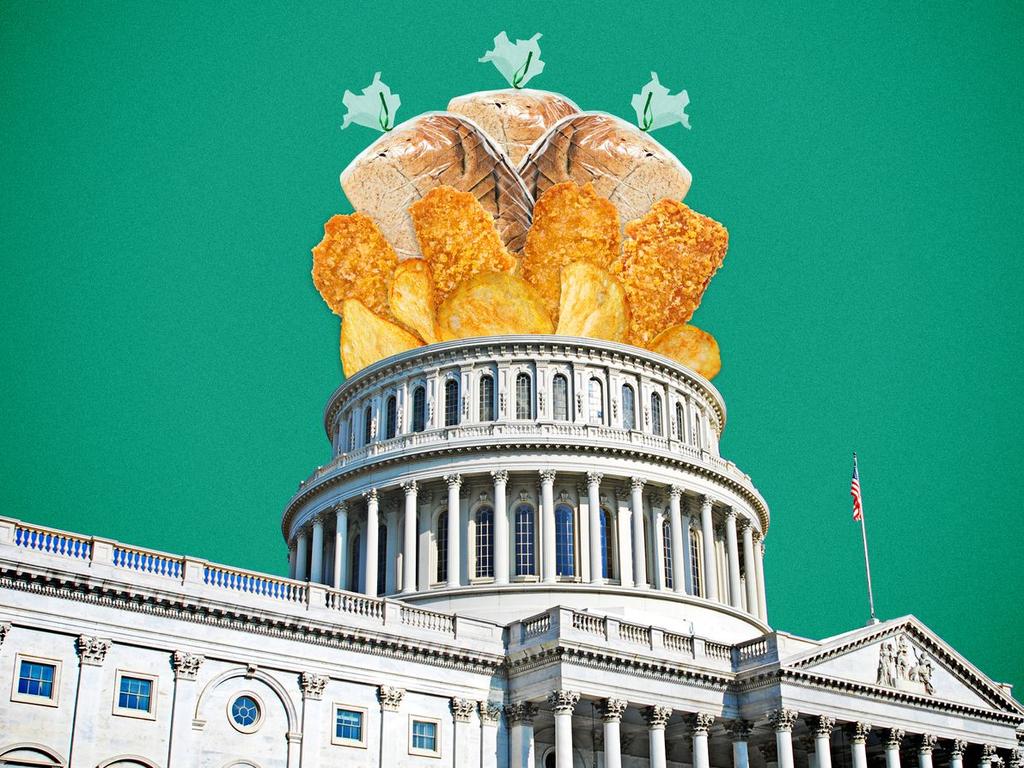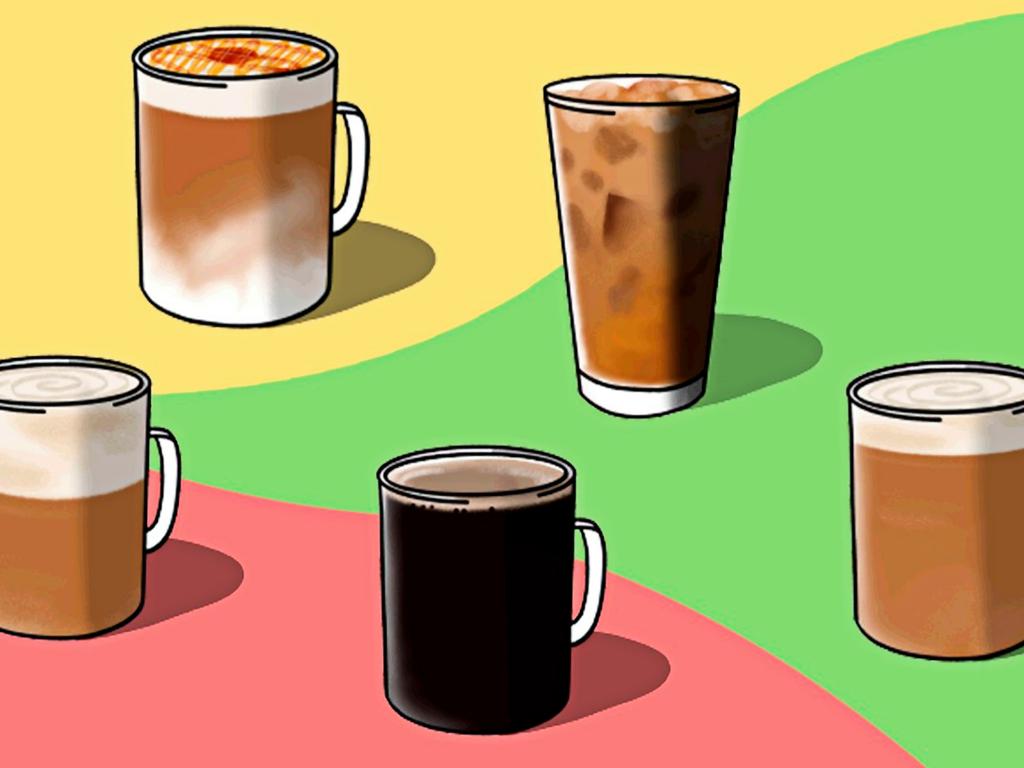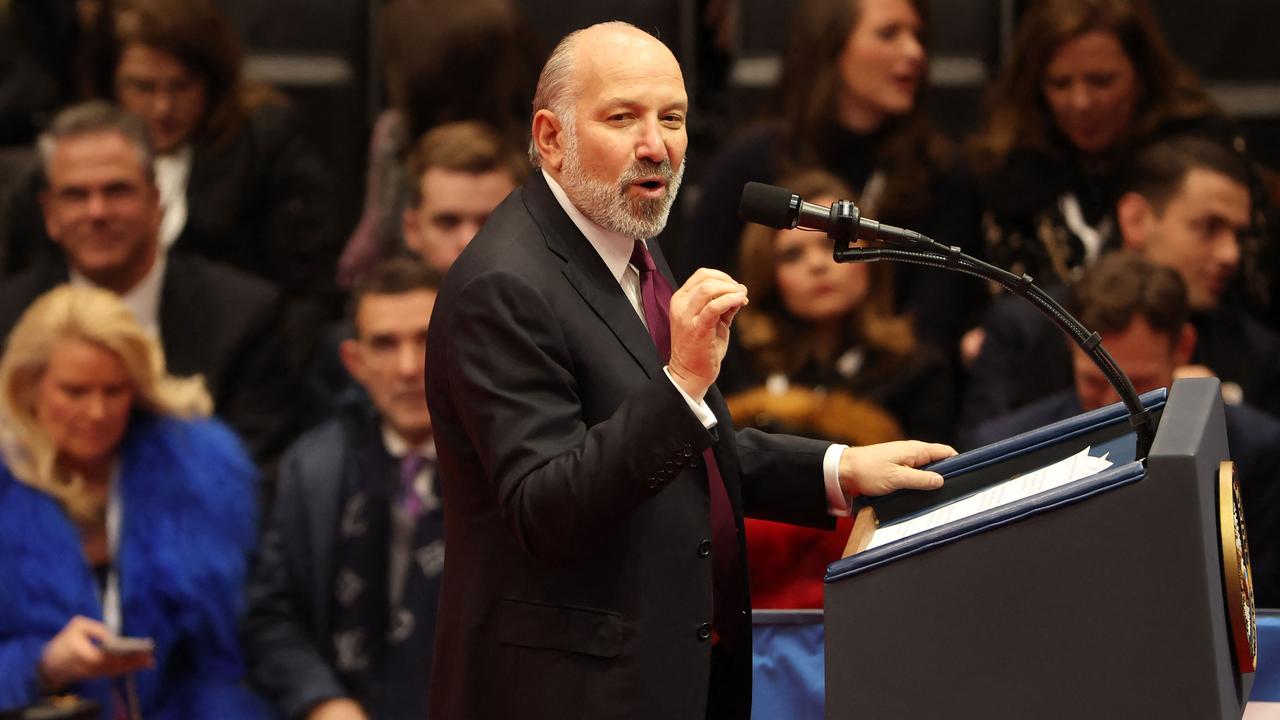How much caffeine you should actually have – and when
Figure out the right amount of caffeine to boost alertness without disrupting your sleep.
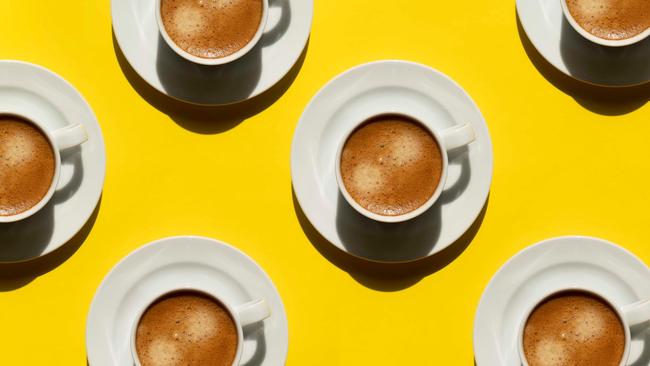
Caffeine can give us a boost, but too much can mess with our sleep and make us feel jittery. So how do we know what’s the right amount?
Generally, government and health groups recommend that healthy adults consume no more than 400mg of caffeine a day. That comes out to about four, 8-ounce (240ml) cups of coffee, says Jennifer Temple, a professor of exercise and nutrition sciences at University at Buffalo School of Public Health and Health Professions.
And Americans are doing pretty well on this target. The average American adult consumes about 200mg of caffeine a day and in Europe, it’s 270mg, according to a 2017 review study.
But not everyone is optimising their caffeine intake to maximise how it can help them – by sharpening concentration for work or giving them a boost before a run – without hurting their sleep or overall health.
Here’s how to think strategically about getting the most out of your daily dose.

Optimising the boost
Caffeine can help you focus and keep you alert.
About 100mg-150mg – or one to 1.5 cups of coffee – is a ballpark amount that will deliver a boost, says Astrid Nehlig, an emeritus research director at the French National Institute of Health and Medical Research, who has studied caffeine’s impact on brain activity, though it varies from person to person, The effects generally kick in about five minutes after consumption and increase to become optimal for between roughly 15 and 120 minutes, Nehlig says.
Caffeine has been linked to physical benefits too. People walked more on days they drank coffee than on days they didn’t, according to a 2023 study of 100 people in the New England Journal of Medicine. Participants took an average of 1000 more steps on days when they drank caffeinated coffee than when they didn’t.
Other studies have suggested that caffeine can sometimes help us work out harder, such as when we have it before high-endurance exercise like long runs or swims, or sports that require a sustained effort, like soccer, Nehlig says.
The same boost hasn’t been found with shorter efforts, like a sprint. Caffeine doesn’t act directly on muscles but rather reduces your rate of perceived exertion and the time it takes you to feel exhausted.
The downsides
Caffeine’s main negative for your health is that it can disrupt your sleep. The NEJM study that found that people walk more on days when they drink caffeine also found a downside. On days when study participants could drink as much caffeinated coffee as they wanted, they slept on average 30 minutes less than on days they didn’t drink any.
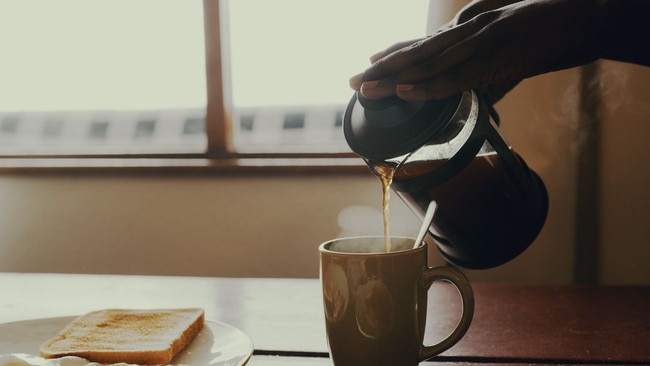
The impact on sleep varies greatly depending on how fast you metabolise caffeine, says Gregory Marcus, a cardiologist and professor of medicine at University of California, San Francisco and first author of the NEJM study.
On average, it takes about 4.5 hours for half of the caffeine consumed to pass through your system. However, genetic differences make some people metabolise it slowly or quickly, doctors and researchers say. The population is roughly split between fast and slow metabolisers.
The sleeping and walking study tested whether participants were slow or fast metabolisers of coffee. Those that were slow metabolisers slept nearly an hour less on the nights they drank caffeinated coffee, while the fast metabolisers didn’t experience any impact on sleep.
Where to get your caffeine
The best source of caffeine is unsweetened coffee or tea, says Dr Frank Hu, professor of nutrition and epidemiology at Harvard T.H. Chan School of Public Health. These drinks have other beneficial ingredients, such as polyphenols, which have antioxidant effects which reduce inflammation.
The caffeine content in coffee and tea can vary, but soda can’t have more than 71mg per 12 ounces (350ml), per Food and Drug Administration regulations.
Adults get most of their caffeine from coffee, but the market for energy drinks is growing. Pay extra attention to the caffeine in these drinks, because some contain very high levels.
Getting caffeine from soda or energy or sports drinks makes it more likely you’re also getting a high dose of sugar and empty calories, says Hu.
Extra caution
Kids under 12 should avoid caffeine, while 12- to 18-year-olds should have no more than 100mg a day, per the American Academy of Pediatrics. Pregnant women are advised to have no more than 200mg of caffeine a day.
People with chronic conditions like high blood pressure, diabetes or heart disease may want to be more cautious about their caffeine consumption, Hu adds.
The NEJM study found that on the days when participants consumed caffeine, they had more abnormal heart rhythms in the lower chamber of the heart, which is associated with a greater risk of developing heart failure.
And people who get migraine headaches should try to drink no more than 100mg of caffeine a day, the equivalent of a mug of coffee, says Dr Amaal Starling, a headache specialist and neurologist at Mayo Clinic in Scottsdale, Ariz. She advises her patients who have daily or severe headaches not to drink any caffeinated beverages or switch to decaffeinated coffee.
The Wall Street Journal

